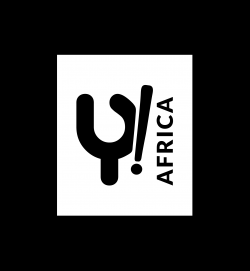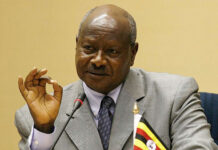During this crisis, Morocco’s digital transition accelerated rapidly, showing the country’s capacity for a greater scale up – Jesko Hentschel
The culture of startups and innovation continues to spread across the continent. There is an apparent explosion of tech hubs – solutions – and there are indications of constant growth, especially when we consider the 60% increase in the number tech hubs in Africa in the past year. The solutions these hubs offer continue to drive innovation on the continent.
No doubt, Africa is the fastest growing continent for developers globally. And the phenomenal growth has seen Microsoft, the world’s largest software company, set its sights on software engineering talent in Africa as it will spend over $100 million on development centers that will employ 500 Africans by 2023.
More recently…
The World Bank Board of Executive Directors have approved a US$500 million Financial and Digital Inclusion Development Policy Financing (DPF) program, which will support key policy reforms to promote an enabling environment for digital transformation. Building on continuing government reforms, the current DPF – the first in a programmatic series of three operations – seeks to improve financial inclusion and access to more competitive digital infrastructure and services for businesses and individuals. It also aims to spur private sector growth through access to finance for startups and youth-led enterprises.
“The Covid-19 outbreak demonstrated the paramount importance of digitalisation as a means to ensure business continuity and promote innovation. Today, more than ever, digitalisation opens new opportunities for Morocco, ranging from more fluid economic transactions to better services to citizens and businesses,” said World Bank Maghreb Country Director, Jesko Hentschel. “Through the current support, we aim to boost this potential and leverage digital transformation for more inclusive growth.“
The DPF’s objectives have been revised to address current realities, but will support the government’s efforts to digitalise key services for individuals and businesses and strengthen the resilience of households and firms.
“Access to finance through digital financial services, credit, social protection programs, and insurance will allow individuals and households to start and expand businesses, invest in education or health, manage risks, and improve the overall quality of their lives,” said Lead Financial sector specialist and Task team leader, Djibrilla Issa.
The program will support key policy reforms to promote competition and universal access in the telecommunication and broadband sector, providing opportunities for the digital transformation of enterprises and administrations.
The DPF also paves the way for the Intelaka entrepreneurship program by supporting reforms conducive to startups’ development and creating new asset classes for early-stage financing for innovative enterprises. Finally, the program supports the participation of small businesses in government procurement as an enabler for economic inclusion and recovery.
Source: World Bank.






